Dive into a collection of articles that amplify neurodivergent voices, support a more thorough understanding of neurodiversity, and challenge common misconceptions.
Month
- June 2025
- May 2025
- April 2025
- March 2025
- February 2025
- January 2025
- December 2024
- November 2024
- October 2024
- September 2024
- August 2024
- July 2024
- June 2024
- May 2024
- April 2024
- March 2024
- February 2024
- January 2024
- December 2023
- November 2023
- October 2023
- September 2023
- August 2023
- July 2023
- June 2023
- May 2023
- April 2023
- March 2023
- February 2023
- January 2023
- December 2022
Author
- Abs S. Ashley
- Adam Fare
- Aimee Fletcher
- Aisling Sheehy
- Ann Memmott
- Antonia Aluko
- Callum Stephen Howes
- Cassandra Lovelock
- Cassandra Lovelock and El Dewar
- Charli Clement
- Claire
- Cos Michael
- Darren O'Reilly
- Dr Virginia Carter Leno
- El Dewar
- Elise Guthrie Stirling
- Emily Lees
- Emily Katy
- Emily Wooden
- Emma Nielson
- Grace Lee
- Guest Contributor
- Harriet Axbey
- Hat Porter
- Helen Edgar
- Iqra Babar
- Jill Corbyn
- Kai Schweizer
- Katrine Callander
- Kay Louise Aldred
- Krysia Waldock
- Kyra Thompson
- Lizzie Smith
- Lucy Gilbert
- Meena Kumari
- Molly Anderton
- Nick Ransom
- Reesha Zahir
- Remie Colledge
- Rhiannon Williams
- Rod Landman
- Rose Matthews
- Sarah Douglas
- Sarah Boon
- Sascha Bellamy
- Sophie Broadgate
- Stop Oxevision
- Thomas Barnett
- Tina
- Trauma Geek
- Warda Farah
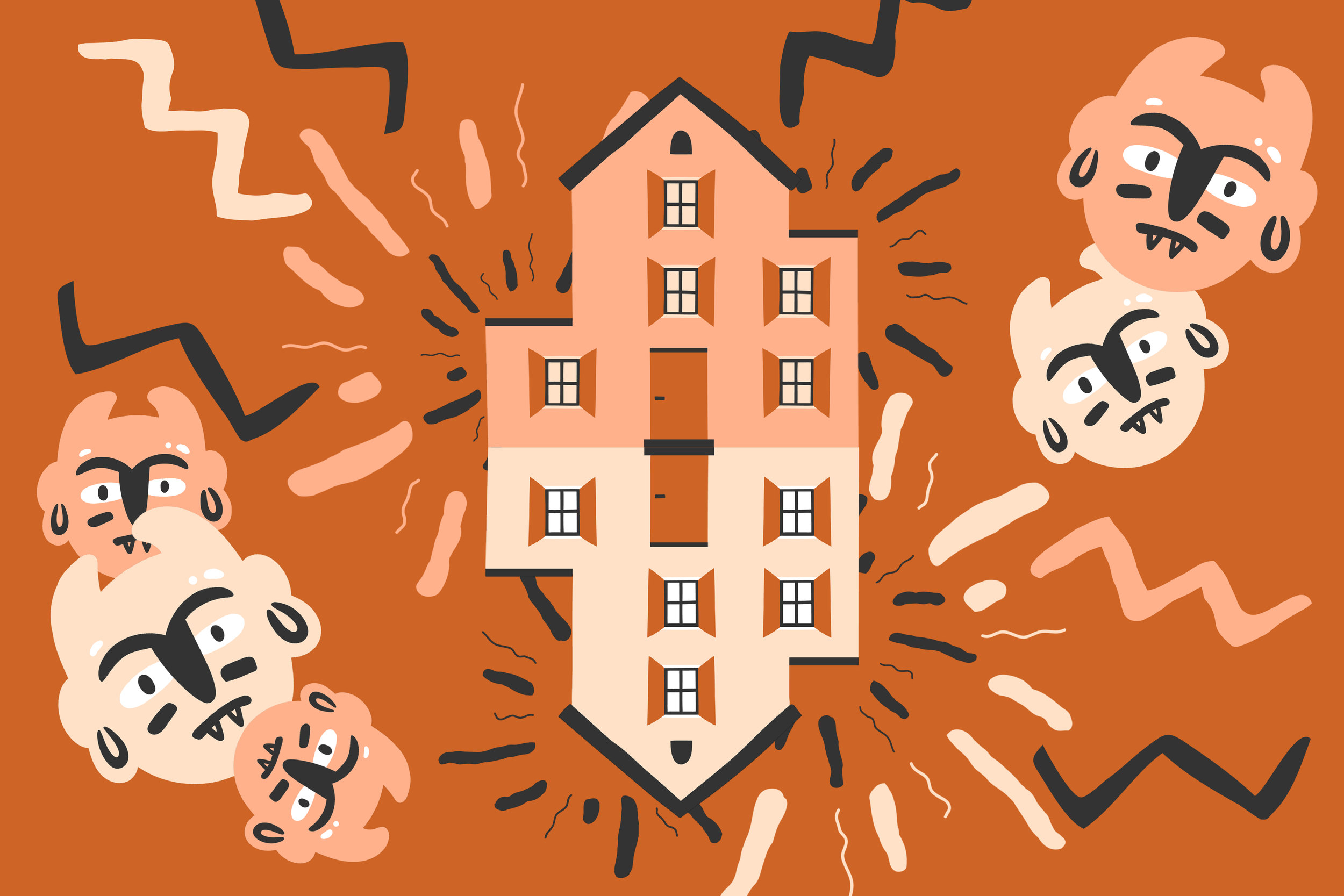
Is my environment making me sick?
As I write this I sit in my ground floor in Deptford, London. I grew up in this area and every street, crevice and cobbled alleys holds pieces of hazy memories from my youth. You see I was made in Deptford and now I feel as if the place that defined who I am is dying piece by piece, with each new edgy coffee shop and hairdresser my old stomping ground ceases to be.
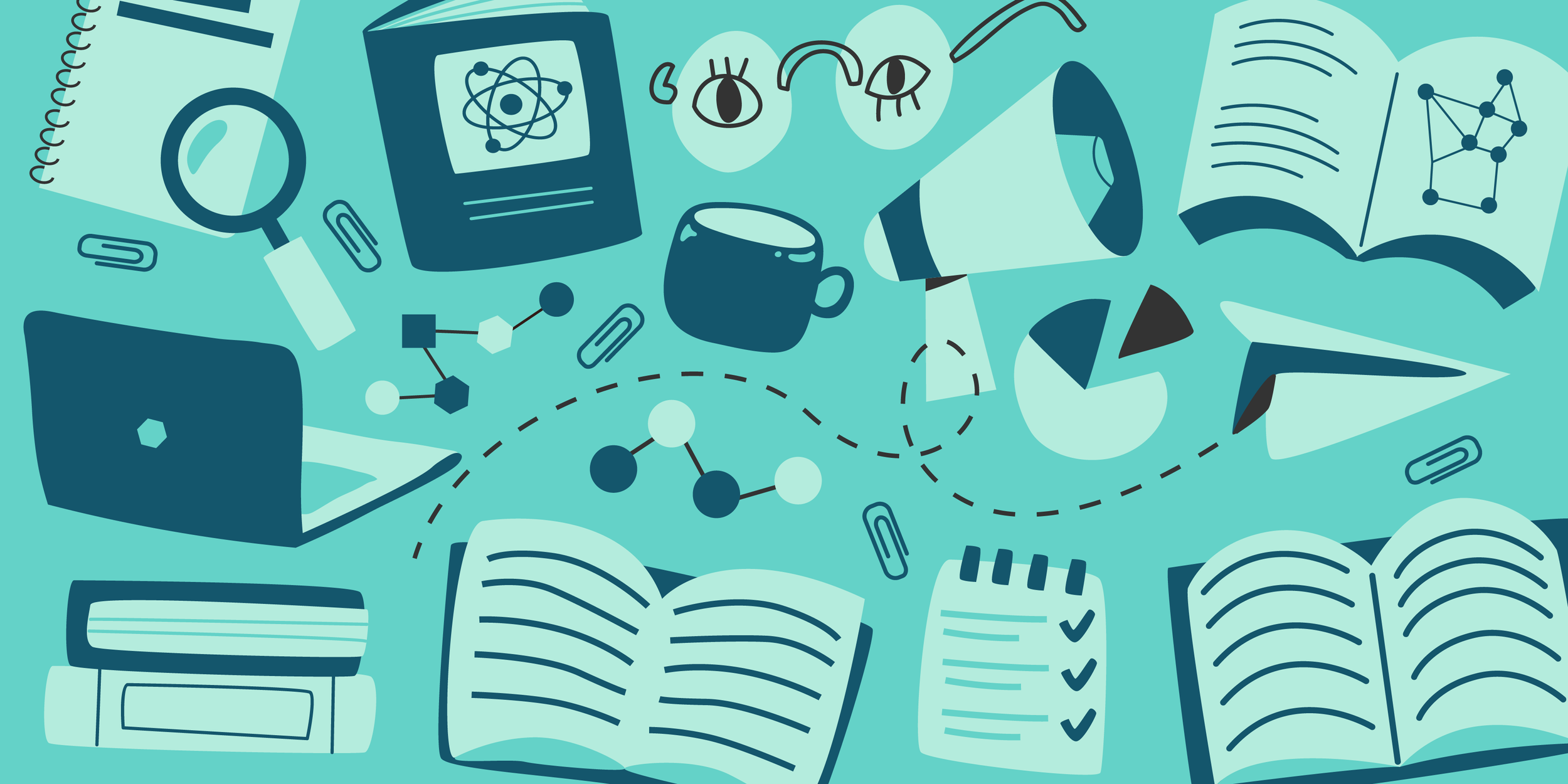
Autism Research - What’s New in July 2023
This research roundup picks out some of the current big debates on autistic lives, and showcases some of the research from teams making an impact on improving the quality of life for autistic individuals.
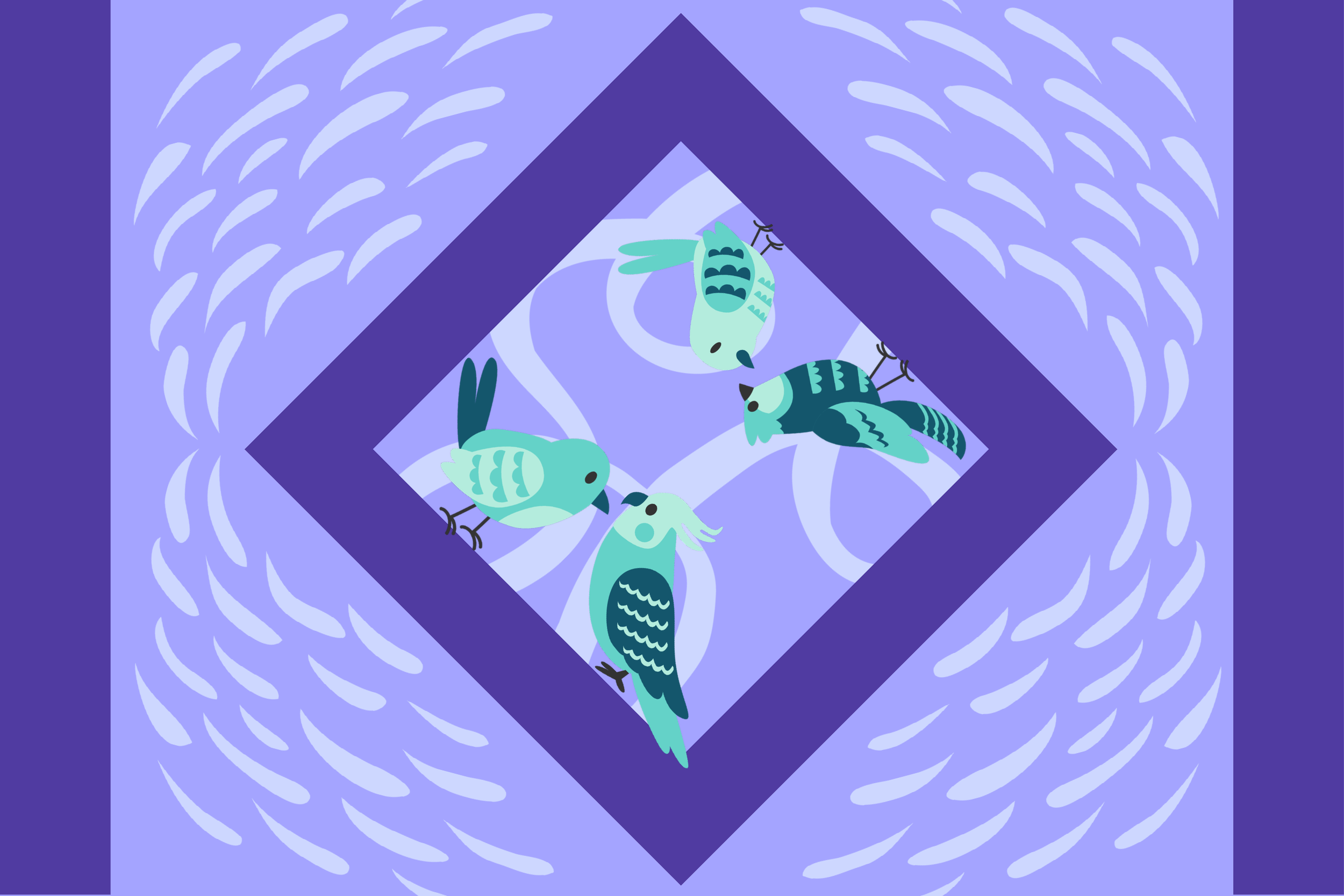
“Nothing about us without us”
I first came across the above slogan and the ethos of co-producing research roughly two years ago, at the start of my PhD on sleep and mental health in autistic people. My first thought was, “why isn’t everyone in research already doing this?”.

Recommended summer reading for teachers
Teachers, are you looking ahead to the next academic year and thinking about how to develop your practice by making your classroom more trauma-informed, supportive of neurodivergence and the nervous system friendly?
Read this blog for book and resource suggestions.
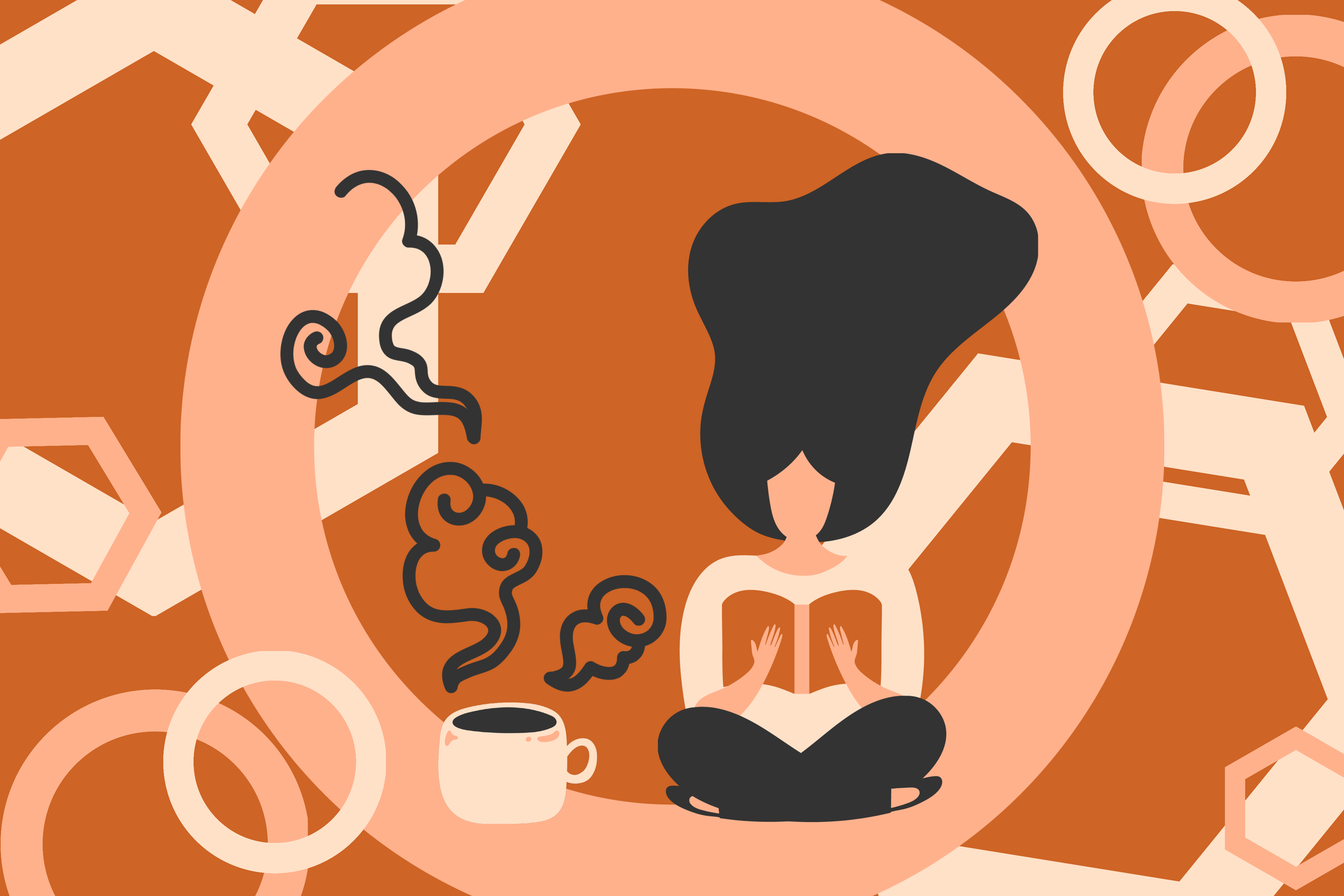
Building a community of older autistic people
Last summer, I was sitting alone at an outside café, watching as two women of about my own age, gathered chairs around a large table. Other women arrived, all dressed for a day out. Once the group was complete, tea and cakes were ordered, for about a dozen friends. I pretended to read my book, as I watched for over an hour. The women chatted and enjoyed their afternoon tea, all very relaxed and obviously comfortable with each other.
This social bonding made me very aware of how often I feel like an outsider.

Neurodivergent friendly recruitment
Recruitment and employment processes can be baffling, and often seem to test social skills and ‘culture fit’ rather than competence to fulfil the role and ‘culture add’. We are excited to try a new way of recruiting and a new way of working.

Autism Research - What’s New in June 2023?
This research roundup picks out some of the current big debates on autistic lives, and showcases some of the research from teams making an impact on improving the quality of life for autistic individuals.

How authentic is neurodivergent media representation?
Neurodivergent representation in media is something that has often been historically misrepresented. There is however, an abundance of characters that can be described as ‘neurodivergent coded’; characters that are given ND (neurodivergent) traits and characteristics but are never confirmed by the writers as being ND, which leads to their characterisation feeling tokenised, or that the traits that we experience are seen as something ‘trendy’.
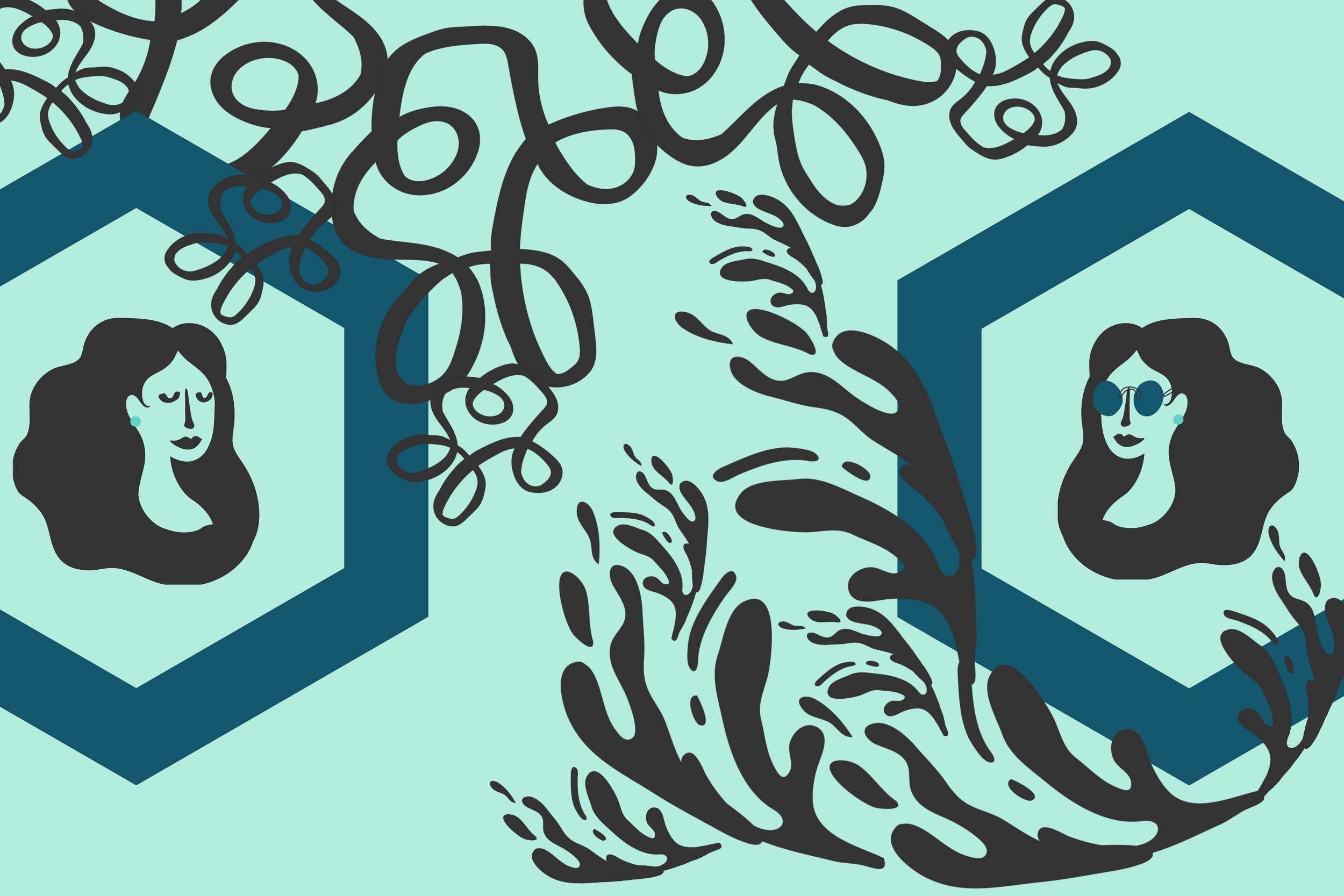
Fawn: the trauma response that is easiest to miss
Fawning is taking care of others by suppressing my own emotions, needs, or identity. It’s something I’ve done since I was a very small child, and it’s something that I observe people doing around me almost every day..
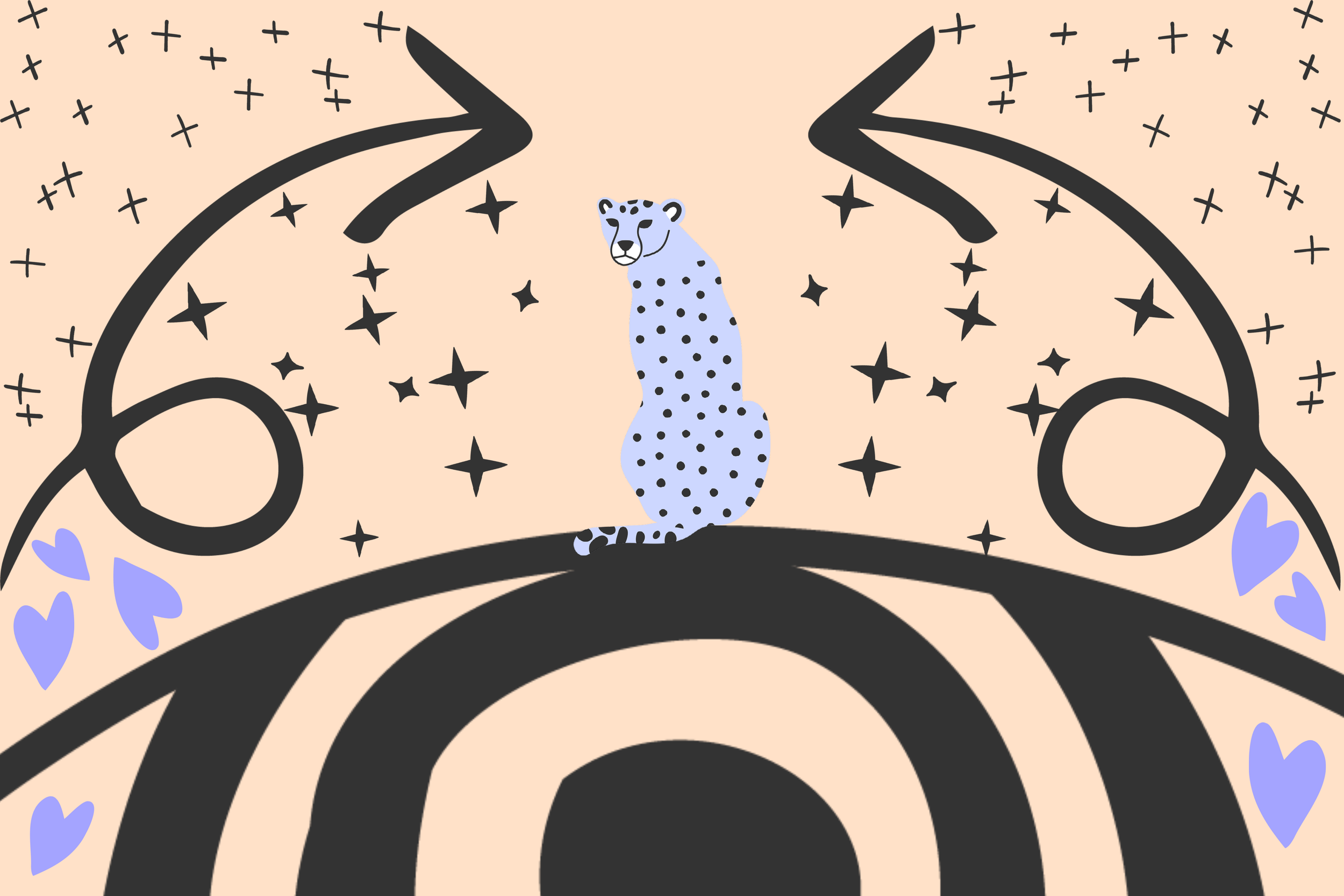
Why I continue to speak out and provide support to the Neurodivergent community
I was sixteen years old, in the middle of a mental health crisis. I had just spent three months in a children’s mental health unit, feeling like my life was over. I believed that I hated myself and nothing would ever change that. I felt broken.
- ABA
- abuse
- accessible
- ADHD
- adults
- advocacy
- affirming
- aging
- assessment
- autism
- autistic parents
- black autistic
- building design
- burnout
- childhood
- children
- co production
- coercive control
- communication
- community
- culture
- depression
- Designing Homes for Sensory Differences Summit 2024
- diagnosis
- disability
- dyslexia
- eating disorders
- education
- empathy
- employment
- environment
- ethics
- family
- friendships
- GCC Summit 2023
- gender
- government
- grooming
- guidance
- health
- healthcare
- holiday
- housing
- human rights
- identity
- illness
- inclusion
- inpatient
- intersectionality
- joy
- language
- late diagnosed
- learning disability
- LGBTQIA+
- lived experience
- masking
- medicalisation
- meltdown
- mental health
- monotropism
- mothers
- nervous system
- newly diagnosed
- NHS
- online
- pain
- parents
- PBS
- peer support
- play
- psychiatric care
- quality of life
- race
- racism
- reasonable adjustments
- relationships
- research
- resources
- routine
- school
- self diagnosis
- self regulation
- sensory environment
- sensory overwhelm
- sensory processing
- services
- sexism
- special interests
- spirituality
- stimming
- stress
- suicide
- support
- therapy
- training
- trauma
- trauma-informed
- women
- workplace
- young people
Got something to say?
We commission blogs from neurodivergent writers. We are particularly keen to hear from people of colour, older people, and non-speaking members of our community. Help us in our mission to amplify the views and voices that are most often left unseen and unheard.


